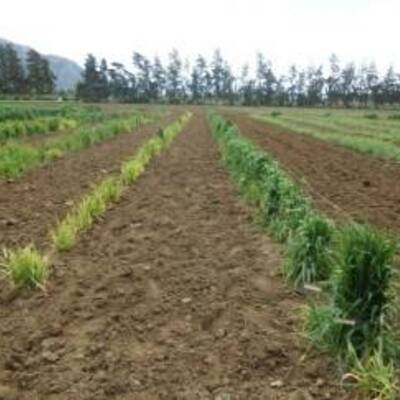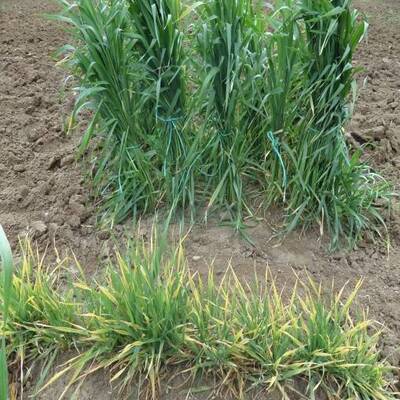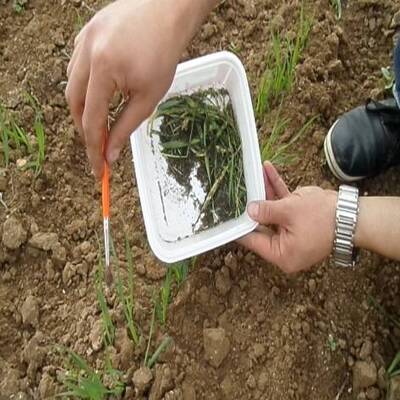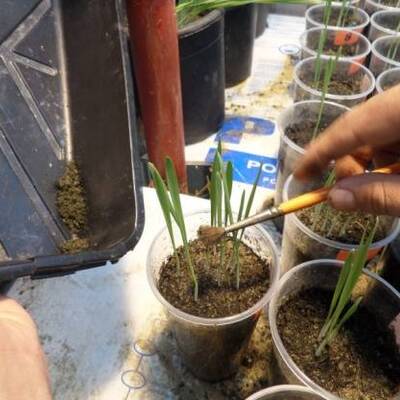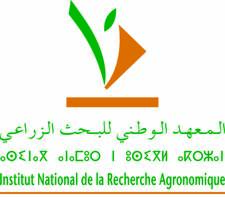Barley production worldwide is limited by several abiotic and biotic stresses and breeding of highly productive and adapted varieties is key to overcome these challenges. Leaf scald, caused by Rhynchosporium commune is a major disease of barley that...



